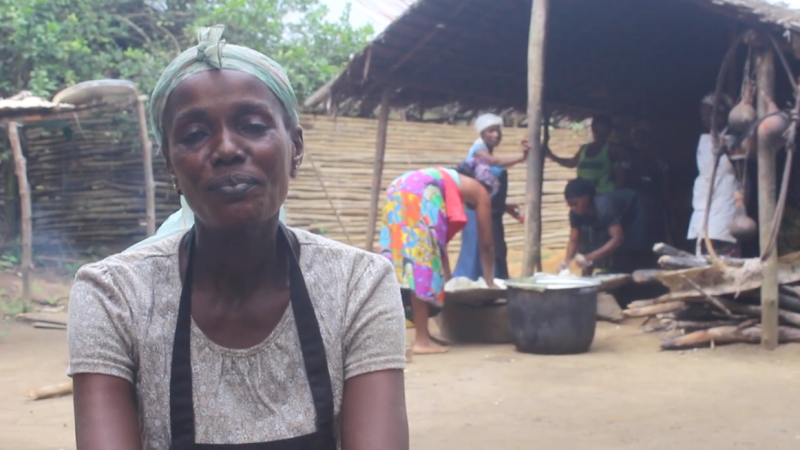In December 2023, the Steering Committee of the DRC National REDD+ Fund (FONAREDD) approved four new projects and two project extensions, bringing the number of CAFI-funded projects through FONAREDD to a grand total of 22, 19 of which are active. This week, as we celebrate International Women's Day, we focus on the project extension for PIREDD Equateur which has a strong component focusing on empowering women.
PIREDD Equateur: consolidating the achievements of the first installment
Launched in 2019, led by the Provincial Government and implemented by the Food and Agriculture Organization of the United Nations (FAO) with the World Wide Fund for Nature (WWF), the first phase of the Equateur Province Rural Development Project (PIREDD Equateur) was scheduled to end on December 31, 2023. Thanks to the additional funding of $6 million approved at the end of 2023, the project is now extended until December 2025. It will consolidate investments from the first phase, including :
- maintenance of local governance structures: 100 local development committees with at least 40% female representation and four agricultural and rural management councils (CARG)
- 8,043 hectares (ha) of areas set aside for natural regeneration
- 2,345 ha of agroforestry in savannahs, for agricultural and wood fuel production
- 790 ha of agroforestry fallows on pilot farms
- the rehabilitation and development of 2560 hectares of deforestation-free perennial crops, such as cocoa, palm and coffee, on family farms.
- technical assistance to help local communities manage 480,000 ha of community forest concessions.
- the project will also encourage payment for environmental services to deforestation-free agricultural plantations, reforestation and areas set aside for natural regeneration.
PIREDD Equateur has a number of Gender-Centric Objectives:
- Empowering Women in Governance structures: PIREDD Equateur focuses on strengthening local community management structures with a commitment to gender equality. It ensures that a minimum of 40% of democratically elected members in the 359 local development committees are women, thereby amplifying women's voices in decision-making processes.
- Inclusive Land Use Planning: The project emphasizes participatory land use planning, integrating micro- and macro-zoning to ensure equitable land distribution. By involving women and indigenous communities in this process, it fosters their ownership and stewardship of agricultural and forest lands.
- Enhancing Livelihoods through Agriculture: Through investments in sustainable agriculture, PIREDD Equateur promotes the cultivation of short-cycle food crops, enhancing food security and income generation for communities. Women, who often play a significant role in agricultural activities, stand to benefit economically from these interventions.
- Access to Family Planning and Nutritional Education: Recognizing the importance of reproductive health and nutrition, PIREDD Equateur provides access to rights-based family planning services and education on nutrition, particularly for women and indigenous populations. By empowering women with reproductive choices and nutritional knowledge, PIREDD Equateur aims to improve the overall well-being of communities.
In a notable demonstration of tangible progress, CAFI's steadfast dedication to gender equality and women's empowerment is making a real difference on the ground. Through the PIREDD Equateur project, 810 women affiliated with 27 women's associations have undergone training to enhance the traditional Central African cassava bread (chikwengue). This initiative, as highlighted by Ms. Béatrice Bolumbu, President of the Women's Association of Bodjifi, has provided these women with new opportunities for economic advancement and personal growth. Ms. Bolumbu explains, "Thanks to what we earn when we sell the improved cassava bread, we are now able to take our children to the hospital and send them to school. Before, we did not have the opportunity to save money, because the ordinary cassava bread we used to produce did not attract as many customers as today."
This transformation underscores the tangible impact of empowering women through targeted interventions, not only improving household incomes but also opening doors to broader life opportunities.
Originally published on www.cafi.org

